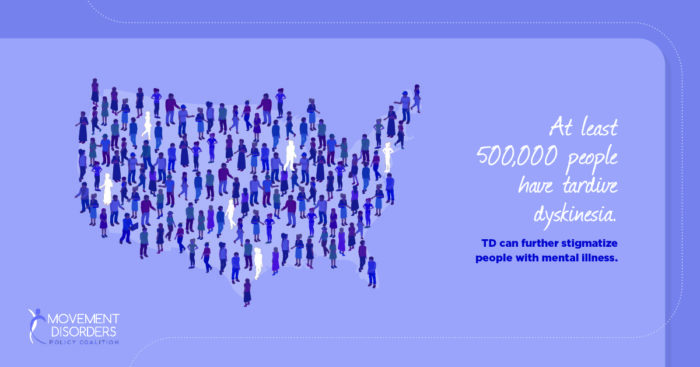“Why Care?” about Mental Illness
October 7, 2019
Patients and advocates for mental health will repeatedly answer the question “Why Care?” this week. In short, because mental illness affects everyone in some way, according to the National Alliance on Mental Illness, and this week marks Mental Illness Awareness Week.

The week’s goals are three-pronged: educating the public, fighting stigma and providing support.
Educating the public is more than just talking about the one in five adults who will experience mental illness this year. It’s about increasing awareness of the devastating impact mental illness has on those who live with it, and the subsequent effect the condition has on friends and loved ones. Mental illness can keep people from fully participating in their communities or from thriving at school or work. It can be isolating, taxing.
Mental illness can take many forms and includes mood disorders such as bipolar and depression, eating disorders and personality disorders, as well as anxiety and psychotic disorders such as schizophrenia.
But one universal trait across most all mental health conditions is that they are largely misunderstood. This misunderstanding creates and perpetuates stigma, which can not only worsen the condition, but keep people from seeking help when they need it.
This may be particularly true for people who live with movement disorders. The physical symptoms of a movement disorder are easy to see, such as tremor or repetitive motor tics, yet the mental health conditions, such as psychosis, depression or anxiety, that often co-occur are not as obvious.
Tardive dyskinesia is one example. It’s a neurological condition that can develop in people who have taken antipsychotics for a serious mental health condition. TD can cause lip smacking or puckering, excessive grimacing or repetitive twitching. Coping with unwanted attention from a movement disorder on top of their mental illness can be very difficult for some people living with TD.
Regardless of which symptoms people experience, everyone with mental illness deserves support to cope with his or her condition. Whether it’s joining a walk or using the hashtags #WhyCare and #MIAW2019, take time this week to show support for people living with mental illness.
Categorized in: Blog

